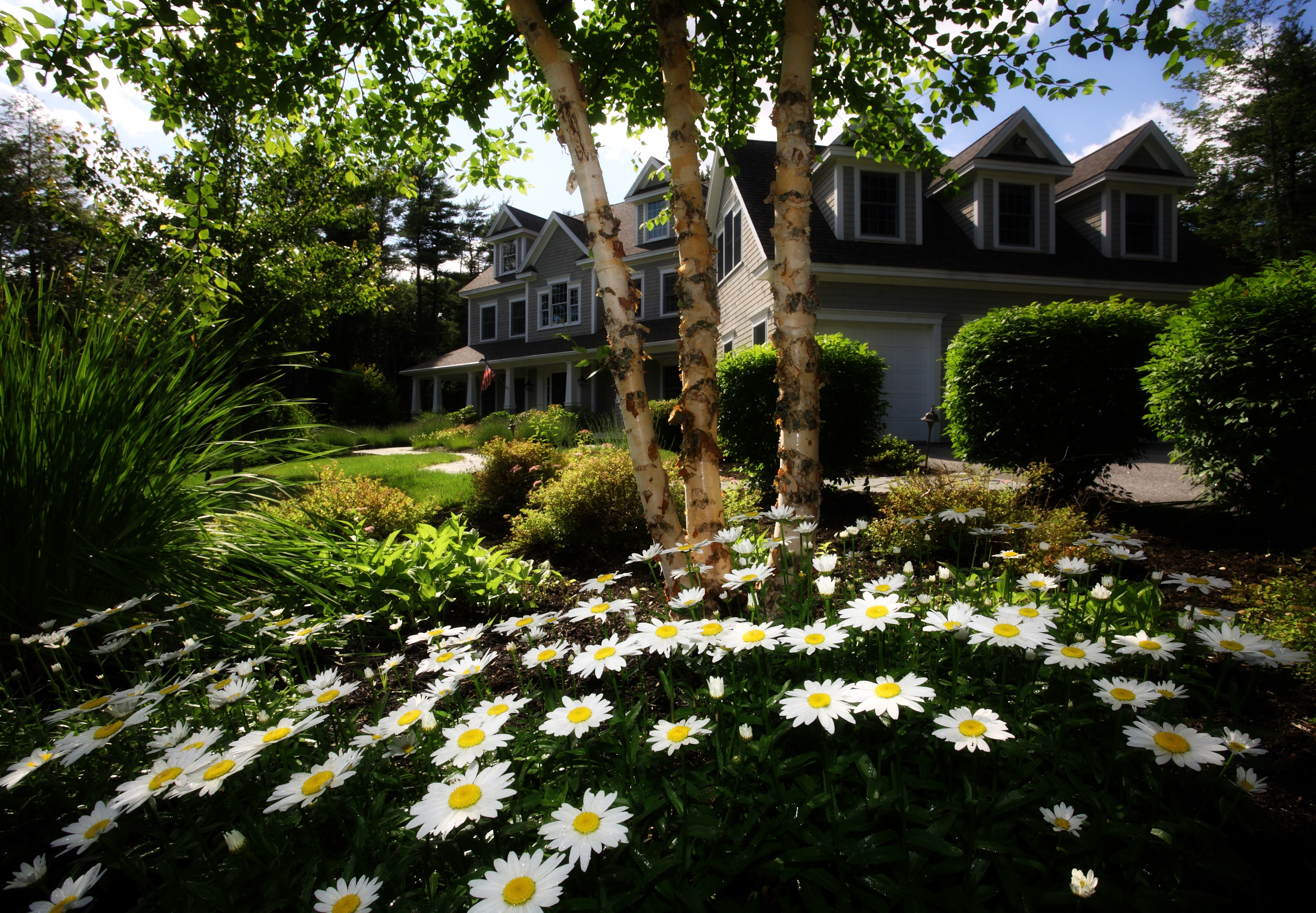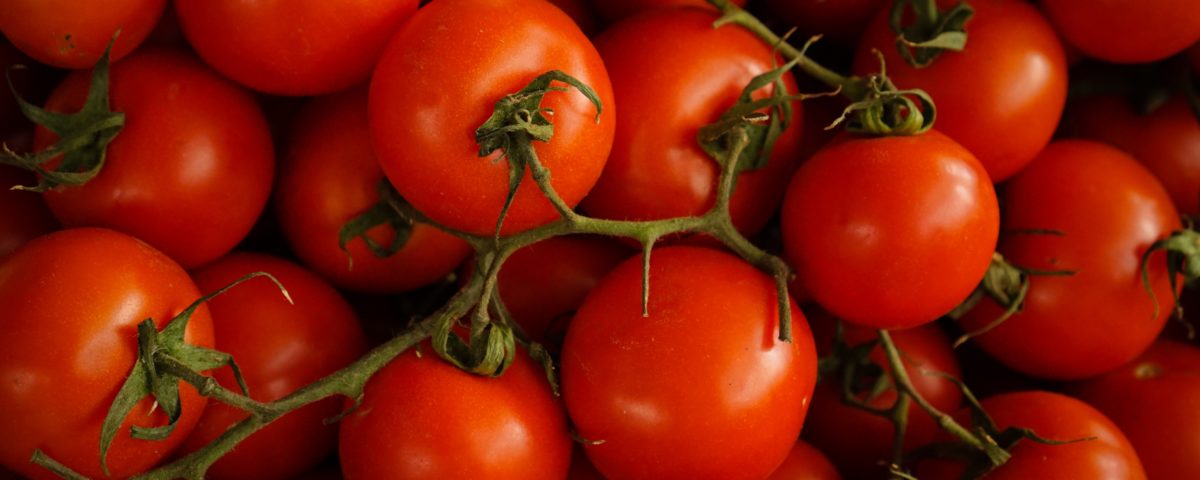
Eight Steps for Starting a Garden
April 3, 2019
6 Beginner Gardening Mistakes to Avoid
April 3, 2019The idea of growing your own food to eat might seem like a tall task for many would-be gardeners, but it’s actually not as difficult as you might think. All you need is the right knowledge and the right gardening products. If you get things right, you can have delicious vegetables ready to eat in no time at all! The great thing about vegetable gardens is that there are plenty of vegetables you can plant that are easy to grow and maintain, even if you are a beginner. Cal Blend Soils Inc. can provide you with the landscaping products you need to create an amazing vegetable garden and enjoy high-yields. Keep reading on to learn about 8 valuable tips for vegetable gardens.
1. Plant in Sunny Spaces
Most vegetables require a good amount of sunlight to flourish. If you want to grow vegetables like tomatoes, cucumbers, and squash, make sure you are planting them in an area that receives lots of sunlight. If you can get your plants around 8 hours of sunlight every day, you are putting yourself in position for vegetable garden success. There are other vegetables you can choose to grow that don’t need as much sunlight, but if you are looking for vegetables that bear fruit, sunlight is a must.
2. Focus on Good Soil
The first thing you should do before you plant any of your vegetables is to do a soil test. You want to make sure that the soil you are going to use is fertile and has the right pH levels. If you need any help with getting your soil optimized for vegetable growth, you can always reach out to Cal Blends Soils Inc. We can provide you with advice and the best gardening products on the market to get your vegetable garden growing. Some of our products like organic compost, fertilizers, and mulch can all be used to improve the quality of your soil. A combination of these products will create nutrient-rich soil that really helps your vegetables flourish. Don’t forget to focus on creating good soil prior to planting your vegetable garden!
3. Choose Your Plants Wisely
If you are thinking about growing a vegetable garden, you might be tempted to create a green oasis of tons of different types of plants. However, it’s better to start small and choose maybe 4 or 5 different vegetable to grow. Try to avoid cramming as many plants as you can into the space you are using for your garden. Choose your plants wisely and always plan ahead to your next crop. That way, after you receive your first yield of vegetables, you can plant something that will grow well and make the most out of each harvest season.
4. Plant in Triangles, Not Rows
When you are gardening with vegetables, you want to get the maximum yield from each harvest. Gardening is tough work, which is why it’s important to be strategic when you are planting everything. You might be thinking that planting your vegetables in rows is the best way to go, but you can actually fit more plants into space by planting them in triangles. It’s also important to avoid planting each vegetable too tightly. If your veggies are planted too close together, they won’t be able to grow to their full size.
5. Take Thing Vertically
Some vegetables are able to grow vertically, which means you can grow even more by choosing them. Creating a great vegetable garden means using the space in your gardening area with maximum efficiency. You can grow things like tomatoes, peas, squash, melons, and more straight up. This also makes it easy when it’s time to harvest your veggies because it’s easy to locate where the fruits are. Another big benefit of taking things vertical with your vegetable garden is that you can help your plants avoid lots of fungal diseases thanks to an improved circulation of air.
6. Promote Bug Life
You might be thinking that bugs are a vegetable garden’s worst enemy, but this is simply not the case. Insects like bees, butterflies, and ladybugs will help pollinate your crops and make sure that your vegetables are receiving the things that they need to grow. To attract these kinds of insects in your vegetable garden, make sure you plant a few insect-friendly plants such as sunflowers and cosmos. These bugs are important for achieving the best possible results with your vegetable garden.
7. Watch Out for Weeds
Weeds can easily appear in any garden and start to take things over if you aren’t careful. This is an issue that can derail your vegetable garden and become a big headache. You obviously don’t want to spray a bunch of unhealthy chemicals on the veggies you plan to eat in the future. Instead, go with mulch. Mulch can help to suppress weeds in your vegetable garden in an all natural way. Contact Cal Blend Soils Inc. for the best quality mulch on the market at the best prices.
8. Start Small
The last tip we will mention for vegetable gardens is to start off small. Vegetable gardens tend to be very low maintenance, but they do require a certain amount of effort. It’s a good idea to start off small with a plot that is 4 by 8 foot before you start going all out. Practice makes perfect when it comes to landscaping and gardening, and vegetable gardens certainly follow this rule of thumb.
We hope this article has provided you with some valuable information about vegetable gardens and how to grow them. Remember that with the right landscaping products, you can truly make the most out of your vegetable garden. Contact Cal Blends Soils Inc. if you have any questions about how to grow a vegetable garden and which products will make your garden flourish. We have been providing our customers with the best in landscaping products for decades and would love to help you create the vegetable garden of your dreams.


